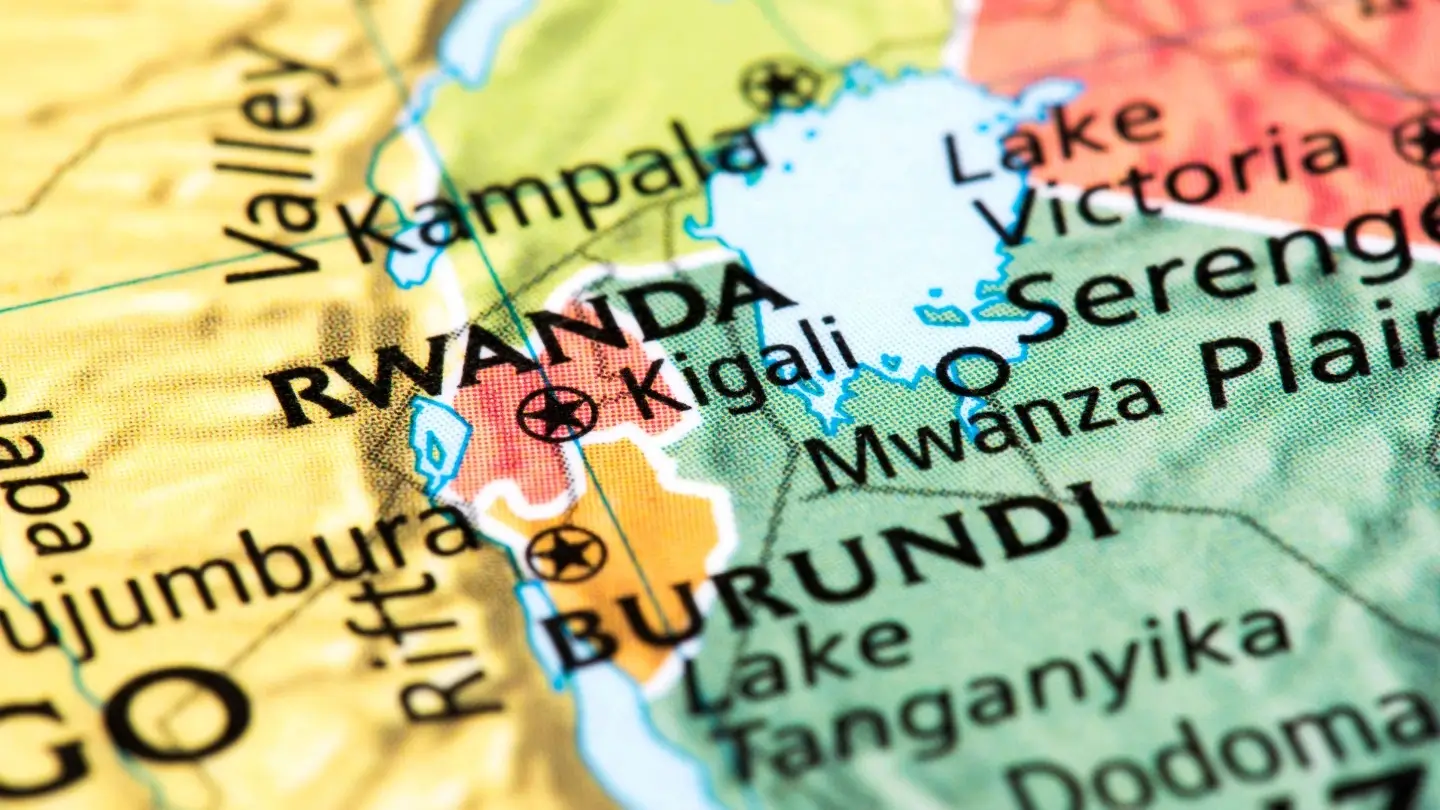Rwanda, located in the heart of Africa, has been heralded as a rising digital star on the continent, with an ambitious vision of becoming a technology hub. However, this progress on the digital front is often juxtaposed with concerns around digital rights, free speech, and online censorship.
The issue of freedom of expression in Rwanda, particularly online, is complex. The Rwandan constitution protects freedom of speech and press freedom. However, in practice, there have been multiple instances of the government clamping down on these rights. A case in point was in 2015 when the government suspended BBC broadcasts in the country’s most common language following a dispute over a documentary about the 1994 genocide. This marked a worrying stance towards press freedom.
Another cause for concern emerged in 2019, when the Rwandan government enforced a law against the publication of “false information or harmful propaganda,” with a conviction carrying up to a 10-year prison sentence. These developments underscore the precarious position of digital free speech in the country, with the potential for serious consequences for expressing dissenting opinions online.
Torrenting policies in Rwanda are not well-documented. Rwanda’s copyright law does protect against copyright infringement, but it doesn’t specifically address torrenting or peer-to-peer sharing. While torrent sites do not appear to be systematically blocked, it isn’t clear how vigorously copyright laws are enforced in relation to digital content. Access to popular streaming platforms is generally available, although again, limited by factors such as cost and internet connectivity.
Government surveillance is an important point of concern in Rwanda. The government has been accused of using digital technology to keep tabs on dissidents. There’s no clear information about specific data retention laws for ISPs in Rwanda. However, the country is not part of any international surveillance alliances like ‘Nine Eyes’ or ‘Fourteen Eyes’.
When it comes to privacy protections, Rwanda has made some strides. The 2013 law relating to the rights and the protection of the child prohibits any person from infringing on the privacy of a child’s correspondence, notably through the use of communication technology. However, there are no comprehensive data protection laws for adults. It’s encouraging to note that Rwanda’s Ministry of ICT and Innovation has been working towards the formulation of a data protection and privacy bill.
The use of Virtual Private Networks (VPNs) and encryption tools is pertinent for people who want to ensure their privacy and freedom of speech in Rwanda. While not widespread, the knowledge of and need for these tools is growing, particularly among those who are digitally literate and are concerned about their digital rights.
In conclusion, while Rwanda’s ambitions of becoming a digital hub are commendable, the environment for digital rights, free speech, and privacy is a cause for concern. The government’s use of digital technology for surveillance and control, as well as the lack of comprehensive data protection legislation, signal a worrying trend. On the positive side, the steps towards data protection legislation and efforts in digital literacy show promise. Looking to its neighbor, Kenya, Rwanda could learn from Kenya’s efforts to create a more balanced digital environment, with robust data protection laws and a commitment to digital inclusivity. Rwanda’s digital future will largely depend on how it navigates these challenges and opportunities.
See also:

Leave a Reply